A new learning initiative that launched this fall is engaging undergraduate students across the University in a transformative understanding of race, racism and racial equity — and equipping them with the skills to carve a path forward.
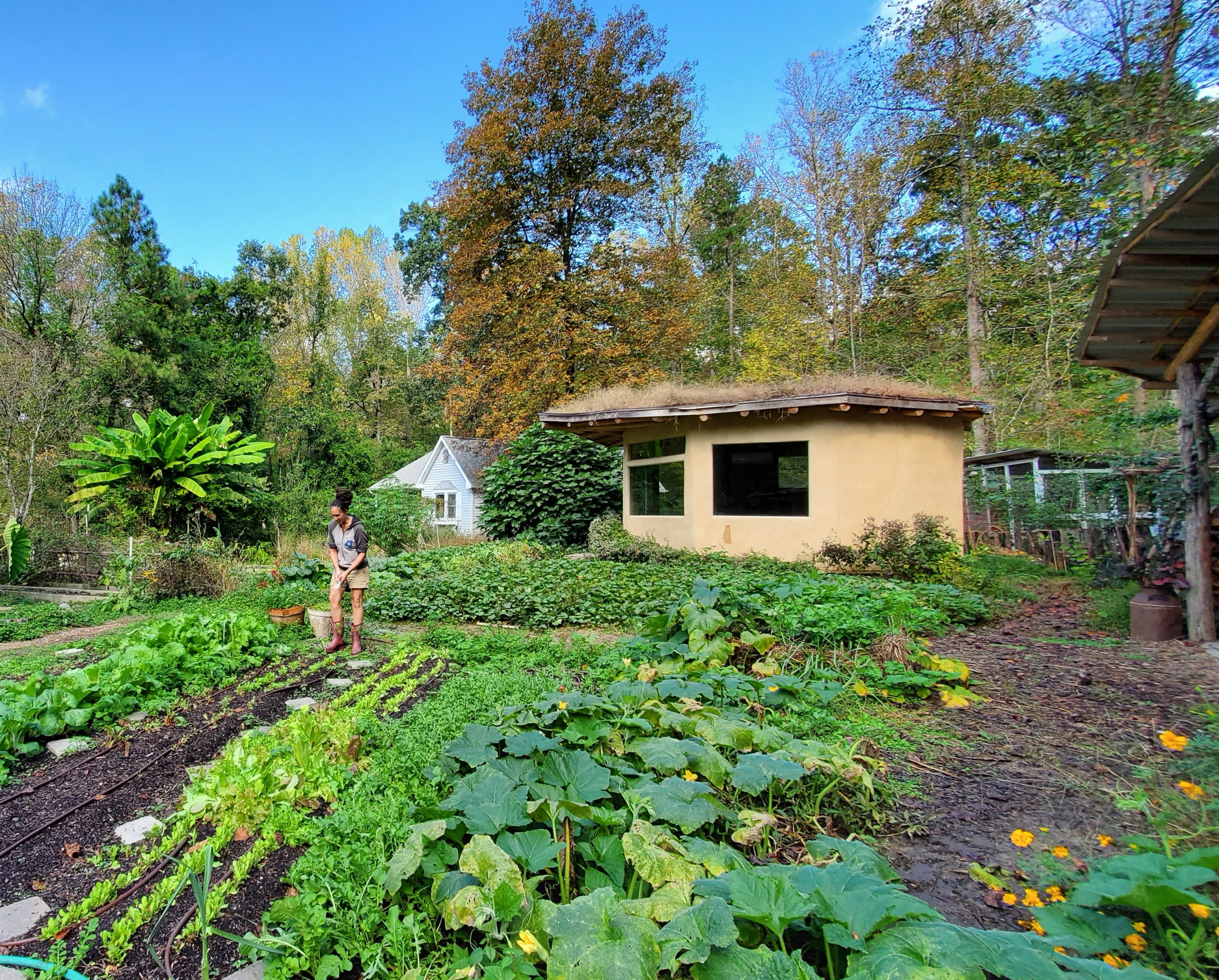
First-year student Shaista Sayeed is learning that the joy of discovery can also be mixed with pain.
She remembers the moment in a class Zoom meeting when she was able to confirm details about the living descendants of James Hunter, who was a member of the Norlina 18, a group of Black men arrested in 1921 in Warren County after a gun fight broke out as they were trying to defend their families. Two of those men (not Hunter) were later lynched.
In the First Year Seminar “By Persons Unknown: Race and Reckoning in North Carolina,” students in associate professor of anthropology Glenn Hinson’s class are trying to build a more accurate narrative of the story that unfolded before the lynchings, to tell a more complete history of the circumstances surrounding the violence at that time. And they are sharing those family stories with surviving relatives.
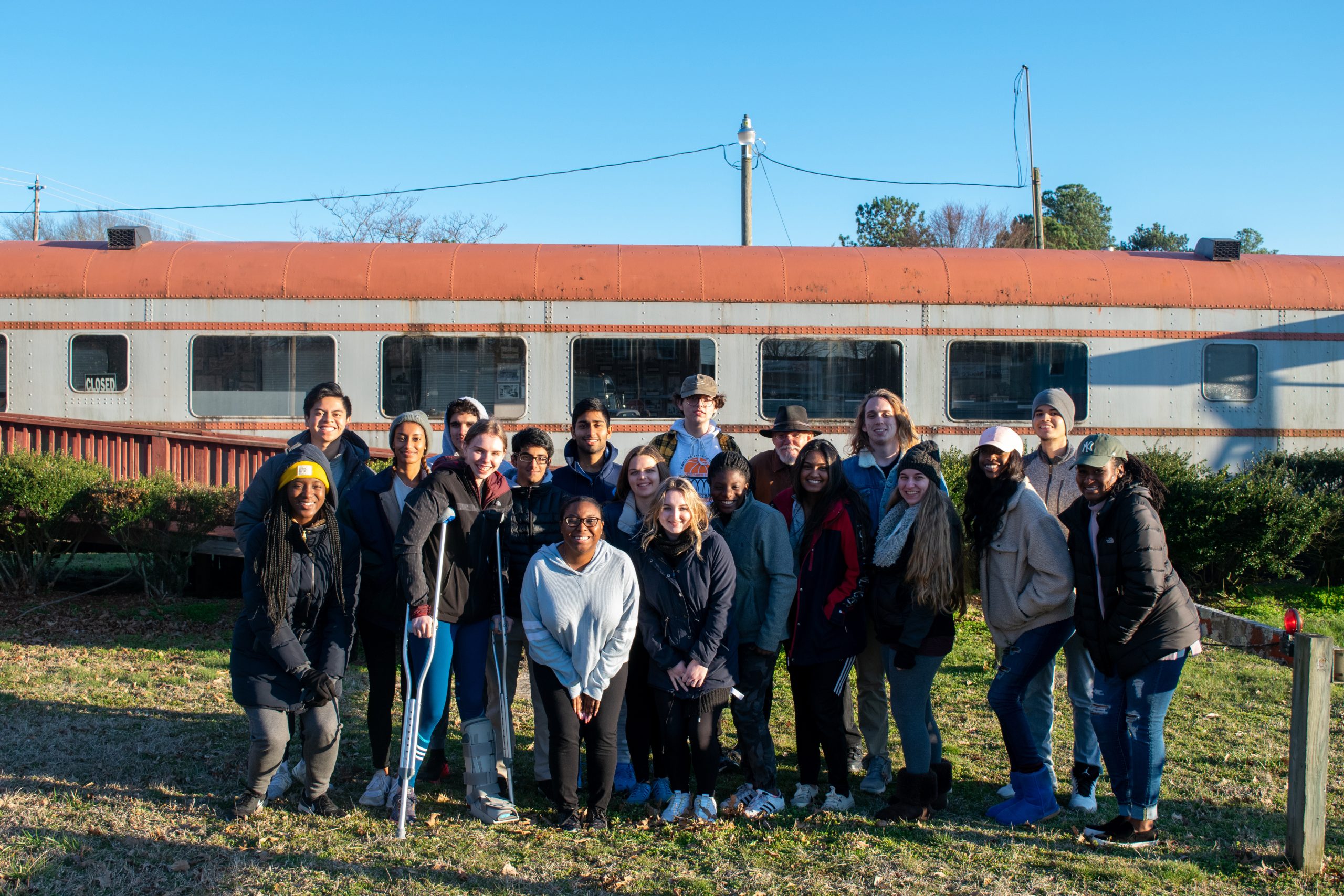
“I was shaking that day,” said Sayeed, who is a neuroscience major from Concord. “It’s a double-edged sword. While it’s exciting to find out new information, it also brings contemplation and reflection. This event happened in North Carolina so you would think there would have been some mention of it in my high school, but I had not heard about the Norlina 18 at all. By uncovering stories that are untold, we are giving people a legacy that was robbed from them.”
“By Persons Unknown” is one of many courses offered through the UNC Institute of African American Research’s new initiative, Student Learning to Advance Truth and Equity (IAAR-SLATE), which was launched this fall. IAAR-SLATE builds on the College of Arts & Sciences’ 2019 Reckoning: Race, Memory and Reimagining the Public University initiative. Led by IAAR director Karla Slocum, the initiative focuses on engaging students in learning about race, racism and racial equity through three core components: courses, research and community engagement.
The more than two dozen courses for fall and spring stretch across the University, and students are connected by shared assignments and events.
“We received fascinating course proposals from journalism, business, education and nursing as well as the College of Arts & Sciences,” said Anna Agbe-Davies, faculty teaching director for the initiative and associate professor of anthropology. “It’s been inspiring to see how many faculty are thinking critically about these issues that are so important to our society and are weaving that into their courses.”
Studying the past to understand the present
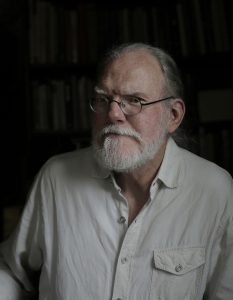
Hinson’s First Year Seminar is an outgrowth of another class he teaches called “Southern Legacies: The Descendants Project.” In “The Descendants Project,” which he will teach again in the spring as part of IAAR-SLATE, students have been interviewing living descendants of 1921 Warren County lynching victims Plummer Bullock and Alfred Williams and working with the county on ways to memorialize the victims. (See a 2019 College story on “The Descendants Project” class.)
In this semester’s “By Persons Unknown” class, Hinson is continuing that deep community engagement with Warren County by documenting the racially charged story that unfolded before the lynchings happened. Students have discovered that a white mob threatened Black residents in Norlina, who then armed themselves to try to protect members of their community. Eighteen of those Black men were arrested and thrown in jail, and Bullock and Williams were lynched. The class is working to identify living descendants and connections among the Norlina 18.
“Families are discovering stories about their ancestors they had no idea about — noble stories,” Hinson said. “These men put their lives on the line to try to protect their families. When there were inquests into lynchings across the South, not only was no one charged, but police reports and newspaper accounts typically claimed that these murders were carried out ‘by persons unknown.’”
Students are also examining the complex racial history of Warren County through the lens of enslavement, prison “chain gangs,” white supremacy clubs, the Great Migration and other topics. Before the pandemic hit last spring, a previous iteration of the class visited key sites in the county that were part of the 1921 incident, and they confronted issues of enslavement at Cherry Hill Plantation.
This semester’s class heard from guest speaker Doris T. Williams, a resident of Warren County who was the child of sharecroppers.
“Dr. Williams told us the one thing she wanted youth to remember is that everything happening now is not anything new; it’s the continuation of what has happened before, and that struck a chord with me,” said Sayeed. “We have to reckon with the racism that is institutionalized, and we have to address it. We are learning about heavy topics in real time in this class.”
Putting thought into practice
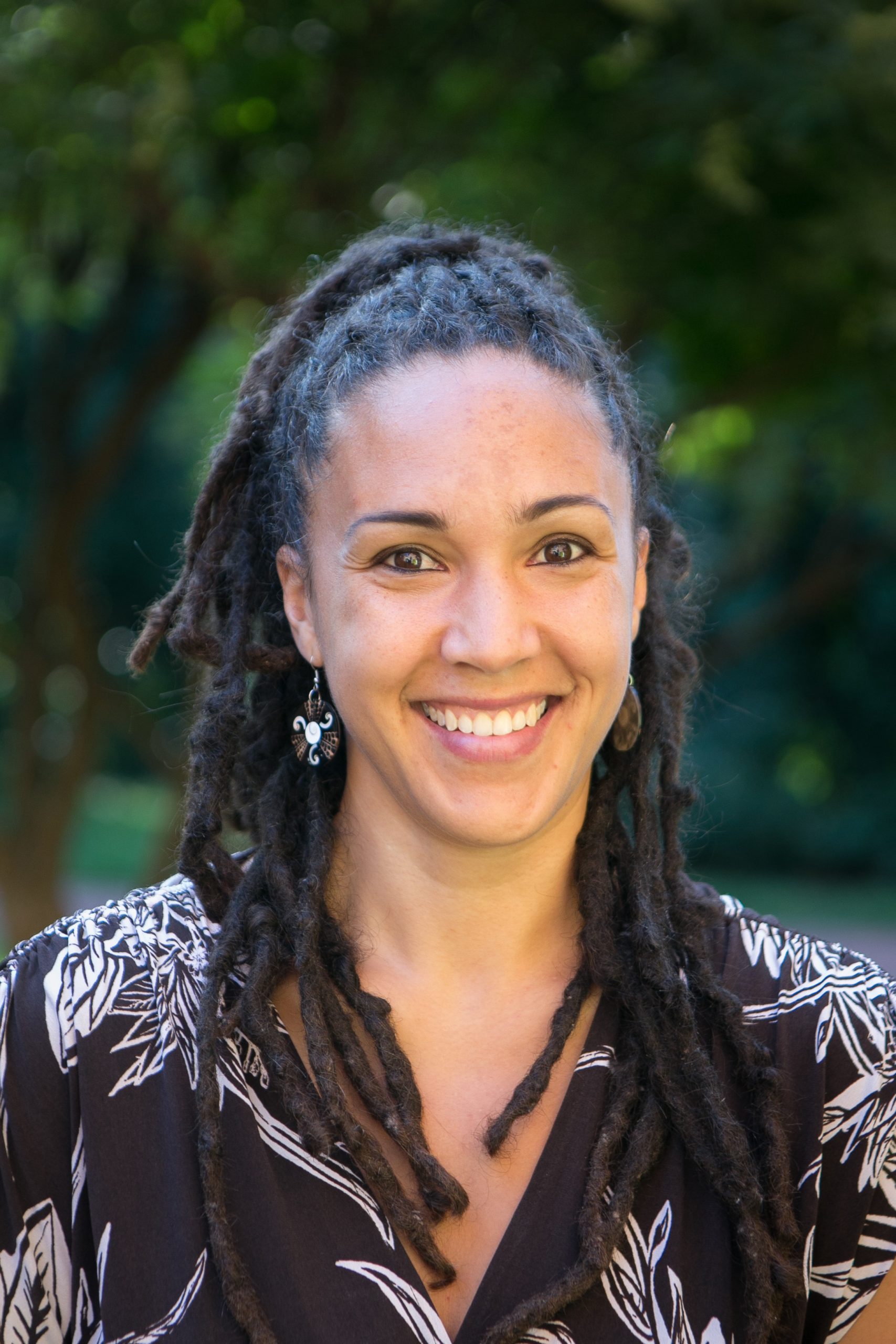
Students in “Social Geography: Radical Black Thought” are exploring radical Black theory, action and imagination in a course led by Chérie Rivers Ndaliko.
“The idea of the course is to take the ideas that are put forward by radical Black thinkers and artists and to reimagine ways to organize ourselves culturally, economically and politically,” Ndaliko said. Ndaliko is an associate professor of geography and also serves as director of research and education for Yolé! Africa. The organization was founded by internationally acclaimed filmmaker Petna Ndaliko Katondolo (to whom she’s married) to empower youth in eastern Congo by giving them the creative space to thrive despite the deadly conflict in the region.
Ndaliko’s roles as a globally engaged scholar and activist have always been closely intertwined, but she is putting thought into action quite literally in her own backyard. She and her husband have created a “freedom farm” in Orange County.
“The farm we’ve built on land where we live is called Uzuri Sanctuary,” Ndaliko said. “We started with three modest ambitions: First, to cultivate at least 80% of the food we consume as a family of six. Second, to bring Black and indigenous agricultural methods that my husband and I grew up with into practice. And third, to have it be a teaching space for anyone who wants to learn about these approaches to cultivation and sustainability.” She will be developing a service-learning course, GEOG 232, focused on freedom farming next spring.
Junior Fowota Mortoo, a global studies major from Mooresville, was inspired by the class to create a garden with her father in their backyard. Before moving to North Carolina from New York nine years ago, she remembers growing up with a childhood garden.
One of the key takeways for Mortoo from the course is an idea that Ndaliko builds into the syllabus — that students take time for self-care, a concept especially important during these challenging times.
“It may not seem ‘radical’ by the popular definition, but prioritizing our well-being is radical because it’s a refusal to put a to-do list before our own humanity in a world that often expects otherwise,” said Mortoo, who is on the pre-med track and also pursing minors in chemistry and Arabic. “We will never achieve systemic change without first decolonizing our own minds and questioning the things that we’ve been conditioned to view as normal.”
Students in the course are building an online resource that includes lesson plans, analyses, personal reflections and more.
“I’m asking them some big questions in this course,” Ndaliko said. “I’ve pushed them very hard to think about the relevance of this to their own lives and actions — and to their path forward through the world.”
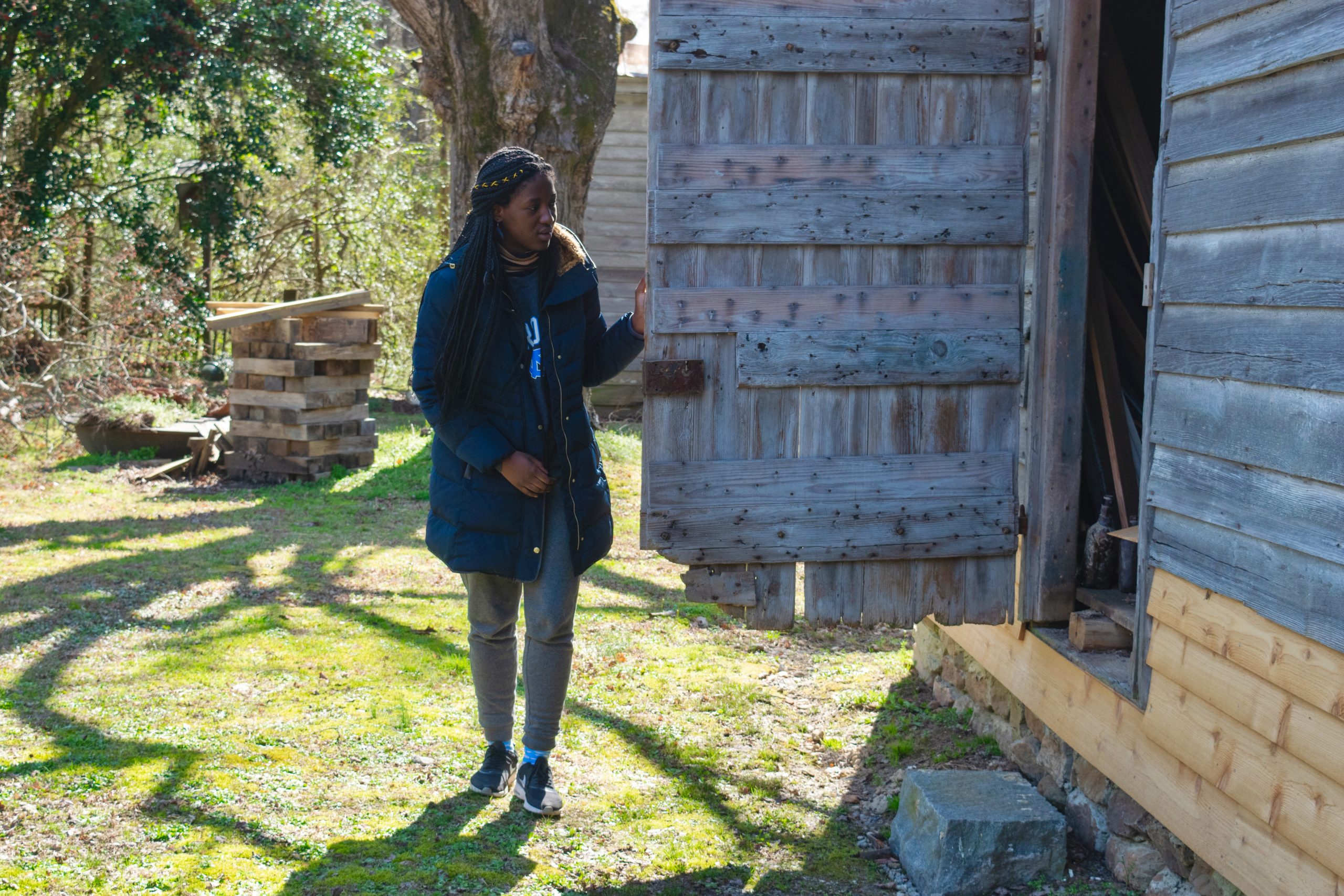
Shared assignments and events
In selecting shared assignments for the courses, Agbe-Davies wanted to expose students to new ideas that dealt with big topics in a critical way, but that were also accessible to a general audience.
Collective fall assignments included:
- The “Scene on Radio” podcast from the Center for Documentary Studies at Duke University: “How Race Was Made.”
- The New York Times opinion piece by Caroline Randall Williams: “You Want a Confederate Monument? My Body is a Confederate Monument.”
- The “Ways and Means” podcast from Duke’s Sanford School of Public Policy: “Reparations: How it Could Happen.”
Speaker events open to all classes have included talks by cartoonist Keith Knight and activist-artist and UNC alumna Omololu Babatunde. (Mortoo served as the student moderator for Babatunde’s talk.) Students were also invited to participate in an “hour of action” in the Honors Carolina web series on “Systemic Racism and the Way We Think.”
“The action component is essential. It’s not easy being a person of color in the United States right now, and to spend so much time reflecting on that can be difficult,” Agbe-Davies said. “I want to make sure that the work we do is giving them the tools to make change.”
By Kim Weaver Spurr, College of Arts & Sciences
